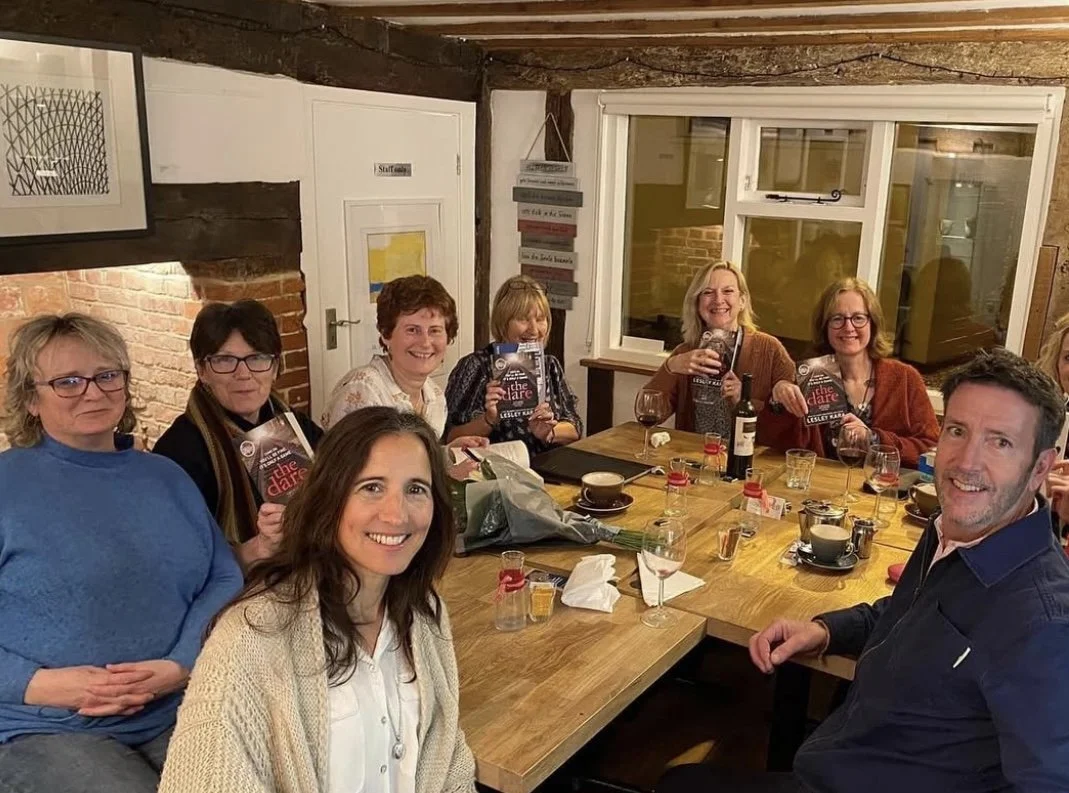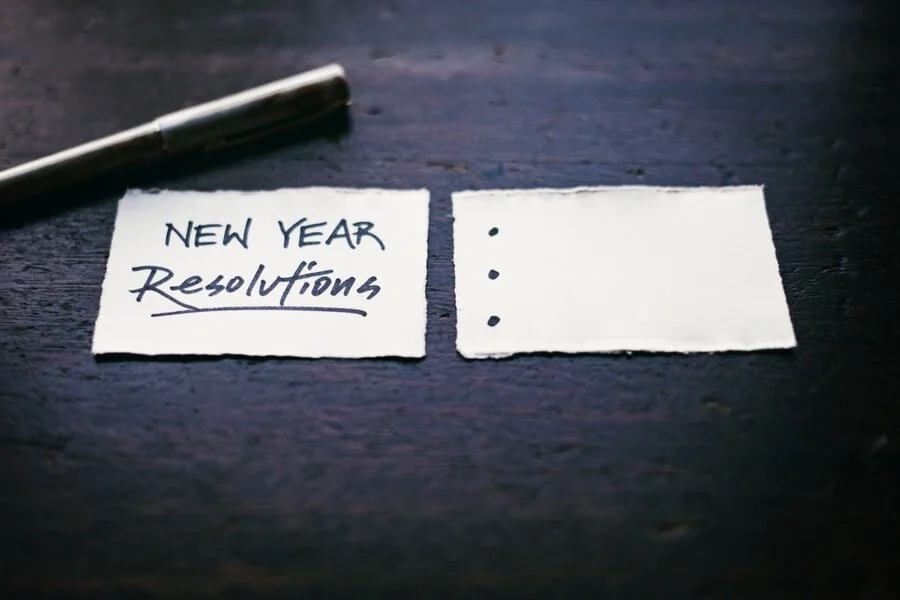This photo was taken a couple of years ago at the inaugural book club at Woodbridge Books in Suffolk. As you can see, they had chosen to read The Dare. I remember this night well, as it wasn’t long after I’d had my cataract operation and I wasn’t allowed to wear any make-up which I really hated! I was also in the process of growing out my disastrous pixie cut! But the reason I’m posting it here is because I have been putting together book club kits for all my novels, and they are now ready.
Read MoreThere are millions of potential jobs or careers out there, so how do novelists choose which ones their characters should have? I can’t speak for writers in general, but I can tell you what informs the choice of my own characters’ occupations. In my latest novel, The Apartment Upstairs, Scarlett is a self-employed accountant who works from home and whose career enables her to make a good living, despite her suffering from ME. I wanted her to be a sensible, rational individual, the sort of woman who could go on living in the same house where her aunt has been murdered, a methodical woman motivated by a puzzle and determined to keep looking until she finds the right answer.
Read MoreEight years old (or thereabouts)
I’m writing a story at school about a girl whose puppy escapes and runs off into the woods. I’m worried the story isn’t going to come together and that our designated writing time is running out, but somehow it does come together. The closing image is of the puppy sitting in a policeman’s upturned helmet. The girl and the puppy have, incredibly, managed to stop a thief escaping with someone’s jewels. Mrs Allen reads it out to the rest of the class a few days later and it’s so good, it sounds like someone else’s story. I feel quietly proud.
Read MoreI’ve always been interested in houses, and particularly other people’s. I used to love watching the TV programme, Through The Keyhole, although I must admit I’m talking about the original series with Sir David Frost and Loyd Grossman. I can still hear Grossman drawl, ‘Who lives in a house like this?’
Read MoreIn my third novel, The Dare, the main character, Lizzie, has epilepsy, and since I don’t suffer from this condition, I made it my business to research it carefully. The book had already been through the copyediting and proofreading stages in the UK and so I was a little surprised when my American publishers told me they wanted to ask a sensitivity reader with experience of epilepsy to take a read prior to publication.
Read MoreEvery so often, I trawl through my old photos with a view to organising them. Here are a few of my most recent, and somewhat embarrassing, finds.
Read MoreI’ve always been a little wary of making New Year’s Resolutions, and even worse at keeping them. Are they a useful way to decide our priorities for the coming year, or are we just setting ourselves up for failure?
Read MoreI’m always slightly bemused when people ask an older debut novelist why they came to writing ‘so late’, or ‘what took them so long?’ I realise the question comes out of curiosity and is usually well-meant, but it strikes me as somewhat confrontational and ageist.
Read MoreNaming characters in fiction is never straightforward. I usually spend far too long on the internet, checking out what names were popular in the year of my character’s birth, or trying to find a name whose meaning reflects a particular aspect of their personality.
Read MoreIt’s no secret that the fictional seaside town of Flinstead-on-Sea – the setting for both The Rumour and Who Did You Tell – is inspired by the very real town of Frinton-on-Sea, in North Essex.
Read MoreI started writing The Rumour in August 2017, but the original idea came to me a few years earlier, when someone I was working with passed on a rumour to me. It concerned a notorious figure who had once committed a terrible crime and who was now, allegedly, living as a protected person in a safe house in my neighbourhood.
Read More









